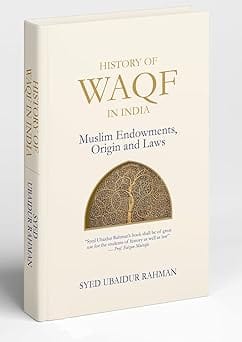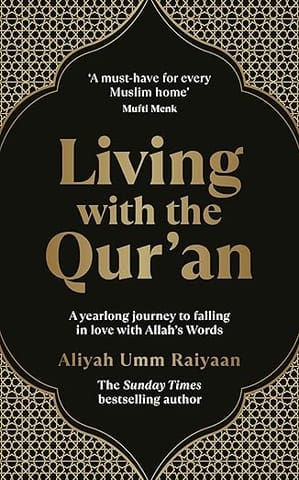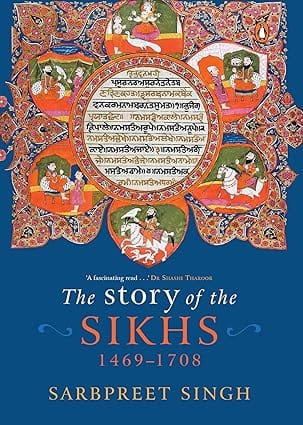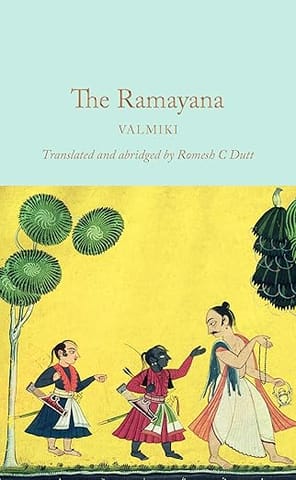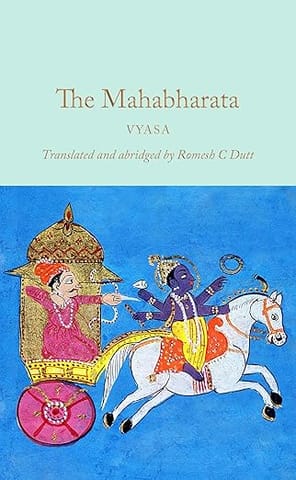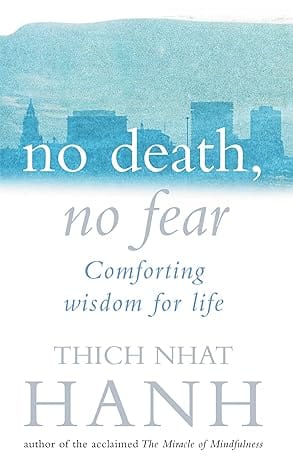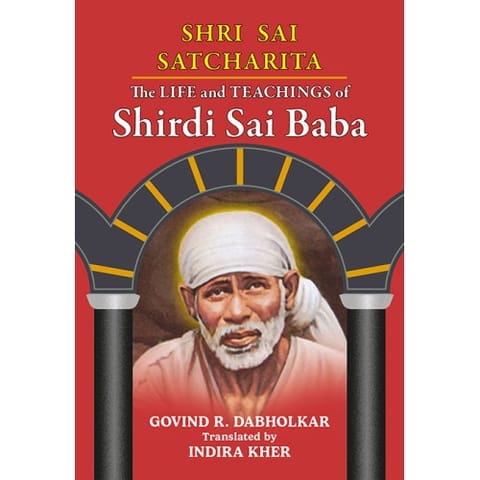WELCOME TO MIDLAND BOOK SHOP!
SHOP FOR
- Non-ficton
- Non-ficton
- Contemporary Fiction
- Contemporary Fiction
- Children
- Children
- Comics & Graphic Novels
- Comics & Graphic Novels
- Non-Fiction
- Non-Fiction
- Fiction
- Fiction
Shop No.20, Aurobindo Palace Market, Hauz Khas, Near Church +91 9818282497 | 011 26867121 110016 New Delhi IN
Midland The Book Shop ™
Shop No.20, Aurobindo Palace Market, Hauz Khas, Near Church +91 9818282497 | 011 26867121 New Delhi, IN
+919871604786 https://www.midlandbookshop.com/s/607fe93d7eafcac1f2c73ea4/677cda367903fd013d69b606/without-tag-line-480x480.png" [email protected]9788196142247 6874f9c2404cdb934ca39cf9 History Of Waqf In India Muslim Endowments, Origins And Laws https://www.midlandbookshop.com/s/607fe93d7eafcac1f2c73ea4/6874f9c4404cdb934ca39d06/61ffzkwsevl-_sy342_.jpg 9788196142247
Syed Ubaidur Rhman's book is a useful addition to the Indian awqaf scholarship. It covers the developments of over fourteen hundred years- from the Islamic theological foundation of awqaf to the recently enacted Waqf(Amendment)Act,2025. The book not only gives details of historical origin and development of awqaf in India during the medieval period but also discusses the legal milestones both during the colonial period as well as post independent era. The book shall be of great use for the students of history as well as law. Prof.(Dr) Faizan Mustafa Vice-Chancellor, Chanakya National Law University, Patna This timely book provides a comprehensive study of the institution of waqf, or Muslim religious and charitable endowments, looking at the subject from the perspectives of Islamic law, Indian history and modern legal developments in India. The book will usefully inform debates, discussions and policies about waqf, which is not only an important Muslim social institution, but a valuable part of Indian heritage. Prof. Nandini Chatterjee, Professor of Indian History and Culture, University of Oxford In view of present controversies revolving around Waqf, it was imperative that someone clarifies the “doubts” and misgivings around its historicity. Ubaidur Rahman in his recent book, divided in 5 very relevant chapters, tries to do just that: he not only clarifies what the term waqf connotes, but also the history of this institution in India.
According to him the institution was introduced as early as 8th and 9th centuries in India, many hundred years before the arrival of Political Islam in Delhi and Gangetic plane. Initially only a Muslim could make the waqf and endow his properties or estate for the welfare of the poor but later on it was changed as in other parts of the world and it was allowed for even a non
out of stock INR 716
1 1
Email ID already exists!
Your Current password is incorrect
Password Updated Successfully
Thanks for your Feedback
- Home
- Religion & Spirituality
- History Of Waqf In India Muslim Endowments, Origins And Laws
History Of Waqf In India Muslim Endowments, Origins And Laws
ISBN: 9788196142247
₹716
₹895 (20% OFF)SIZE GUIDE
Back In Stock Shortly - Fill The Book Request Form
Sold By: Hauz Khas - Aurobindo Market
Details
- ISBN: 9788196142247
- Author: Syed Ubaidur Rahman
- Publisher: Global Media Publicaton
- Pages: 382
- Format: Hardback
Book Description
Syed Ubaidur Rhman's book is a useful addition to the Indian awqaf scholarship. It covers the developments of over fourteen hundred years- from the Islamic theological foundation of awqaf to the recently enacted Waqf(Amendment)Act,2025. The book not only gives details of historical origin and development of awqaf in India during the medieval period but also discusses the legal milestones both during the colonial period as well as post independent era. The book shall be of great use for the students of history as well as law. Prof.(Dr) Faizan Mustafa Vice-Chancellor, Chanakya National Law University, Patna This timely book provides a comprehensive study of the institution of waqf, or Muslim religious and charitable endowments, looking at the subject from the perspectives of Islamic law, Indian history and modern legal developments in India. The book will usefully inform debates, discussions and policies about waqf, which is not only an important Muslim social institution, but a valuable part of Indian heritage. Prof. Nandini Chatterjee, Professor of Indian History and Culture, University of Oxford In view of present controversies revolving around Waqf, it was imperative that someone clarifies the “doubts” and misgivings around its historicity. Ubaidur Rahman in his recent book, divided in 5 very relevant chapters, tries to do just that: he not only clarifies what the term waqf connotes, but also the history of this institution in India.
According to him the institution was introduced as early as 8th and 9th centuries in India, many hundred years before the arrival of Political Islam in Delhi and Gangetic plane. Initially only a Muslim could make the waqf and endow his properties or estate for the welfare of the poor but later on it was changed as in other parts of the world and it was allowed for even a non
User reviews
NEWSLETTER
Subscribe to get Email Updates!
Thanks for subscribing.
Your response has been recorded.

India's Iconic & Independent Book Store offering a vast selection of books across a variety of genres Since 1978.
"We Believe In The Power of Books" Our mission is to make books accessible to everyone, and to cultivate a culture of reading and learning. We strive to provide a wide range of books, from classic literature, sci-fi and fantasy, to graphic novels, biographies and self-help books, so that everyone can find something to read.
Whether you’re looking for your next great read, a gift for someone special, or just browsing, Midland is here to make your book-buying experience easy and enjoyable.
We are shipping pan India and across the world.
For Bulk Order / Corporate Gifting
 +91 9818282497 |
+91 9818282497 |  [email protected]
[email protected]
Click To Know More
INFORMATION
QUICK LINKS
ADDRESS
Midland Book Shop - Hauz Khas
Shop No.20, Aurobindo Palace Market, Near Church, New Delhi
Shop No.20, Aurobindo Palace Market, Near Church, New Delhi

